If all we do in support of efforts to reduce racial and economic injustice in America is attend a march or two, or put a Black Lives Matter sign on our lawn, then we may as well just say we are offering up our thoughts and prayers.
The time for thoughts and prayers is over. What is needed are concrete actions to support structural change on a myriad of issues. Here are some examples: The public schools in Milwaukee are some of the most hyper segregated in the nation. In response to the times and in a hope to revisit the issue, the Milwaukee Public School Board recently adopted a resolution supporting the call for renewed conversations on a regional approach to school desegregation. If you live within the four county region of Milwaukee, Waukesha, Ozaukee, and Washington counties and your children or grandchildren attend a suburban – mostly white – relatively affluent school, then I hope you will actively support this call for an equitable and regional school strategy. If you can’t see your way to working hard so that children of color can go to the same schools as your loved ones, then I guess we can thank you for your thoughts and prayers. A Tsunami of racial injustice is about to break over us and we are ill prepared for its aftermath. In Milwaukee and across the United States, hundreds of thousands of renters – many of whom are people of color – will be kicked out of their homes as the moratoriums on evictions during the COVIC pandemic expire. Already the Milwaukee daily newspaper is reporting a 26% increase in evictions in June, and it is only going to get worse. The number of growing evictions shouldn’t be a surprise, given that we have over 40 million people unemployed across the county due to business closings in response to the COVID pandemic. It is important to understand that single moms who are also women of color are most at risk of eviction, according to the Princeton University Eviction Lab. Supporting another round of COVID Relief funding from the federal government and extending the ban on evictions while the pandemic wreaks havoc across the nation are direly needed to avert this crisis. But make no mistake, these are band aid solutions meant only to stop the bleeding. The structural solutions to these issues are an increase in the number of affordable housing units and an increase in income via raising the minimum wage and expanding the Earned Income Tax Credit (EITC). If you live in a Milwaukee suburban community, are you willing to actively support the creation of affordable housing units in your community so more low income and low income people of color can live next to you and enjoy the same quality of life as do you and your family? Are you willing to advocate for an increase in taxes on corporations and on the wealthy in order to raise the minimum wage and expand the EITC? You may feel like this essay is picking on suburban dwellers, and in a way I am. As I see it, we live in one of the most racially and economically segregated regions in the nation and anyone who isn’t working for an equitable distribution of income and opportunity is contributing to the continuance of that segregation. Consider these numbers. In the four county region there are slightly less than 250,000 people living in poverty, representing about 16% of the metro population. Of that quarter-million poor people, a full 72% are packed into the city of Milwaukee. What if those quarter-million people were equally distributed across the metro area? What would happen if 16% of the population in every community in the region were people living below poverty? If that were the case, Waukesha county would see an increase of 39,000 low income residents. If you live in Waukesha county, are you willing to fund the creation of affordable housing enough to support 39,000 more low income people? And are you willing to support thousands of low income (and low income children of color) attending your schools? Are you willing to embrace low income families and invite them to compete with your children and loved ones for jobs in your local community? (Jobs they can’t access now because they live in Milwaukee and don’t have transportation to your community). And if you live in Washington or Ozaukee counties, are you willing to support thousands more low income and low income people of color in your community? On the question of racial and economic segregation in America, it is time to fish or cut bait. Either you want people of color living next to you or you don’t. Either you want children of color in your kids’ schools or you don’t. Either you want your taxes increased to support equitable distribution of income or you don’t. And the list goes on. Whether or not we finally see structural change on these important issues in America depends on the individual actions we take now. It’s up to you. Fish or cut bait.
0 Comments
The pace of change over these past few years has been both exhilarating and exhausting. Consider this:
Turmoil, chaos, petty politics, vitriol, hate, violence are in our face nearly every day. We had the investigation into Russia election interference, the #Me Too movement, children in cages at the border, and the president impeached. Just this year we are living through a worldwide pandemic with millions infected and hundreds of thousands dying. Our economy was shut down, the stock market plummeted, and 40 million are unemployed. Recently, we have witnessed weeks-long massive social justice protests in every state in the nation and in cities around the globe. In 2019, there were more mass shootings in the USA than there were days in the year Climate change is upon us. 2019 was the second warmest year on record, during which we saw massive wildfires rampage through Australia. People are seeking change, but change does not come easily. It will take a counter balancing force to offset the political power of those who want to see things remain just as they are. A few elected officials and the money behind them have stymied advancement on social issues that the majority of Americans broadly agree on, such as gun control, climate change, health care reform, education, affordable housing and a myriad number of other important social justice issues. Polls show that most Americans believe the protests are a positive sign. We are seeing a multi-racial and inter-generational mass of people in the streets who are loudly and collectively saying: enough, it is time for change and not just within police departments. It is time for America to realize that for capitalism to survive, it needs to be a system that works for the majority of people and not just the wealthy and powerful few. Yes, we need dramatic political change. But for that change to be lasting, we also need to see spiritual transformation, both individually and collectively. After all, it would be unfathomable for a spiritually awakened person to ignore wide-spread pollution that threatens the survival of the planet; to allow millions of assault weapons to be used to prey upon society; to tolerate an economic system that holds a class and a race of people down and uses the labor of the many to enrich the pockets of the few. So, how do we get there? How do we become a society that fosters individual and collective spiritual transformation? I start with one basic premise: all change is personal. Author Stephen Covey writes that “change is a door that only unlocks from within.” He was writing about self-improvement, but I believe the same principle holds true for spiritual and political change as well. We Quakers strive to become attuned to the internal voice that guides us and prods us to live out our values, which is espoused by the axiom “Let your life speak.” This is truly a transformative statement, urging us to align our actions with our spiritual beliefs. “Let your life speak” is not only transformative, it is also a statement of accountability. If we adhere to the idea that our values and our lifestyle should be aligned, then it becomes painfully clear when one or the other is out of balance. The ethic that we should let our life speak is one that is so clear, so true, so simple to understand that we would do well if we could make that the mantra of our life. A Dutch proverb states “He who is outside his door, already has the hard part of his journey behind him.” The protesters are letting their lives speak, and have taken that important first step of what will be a long and arduous journey. How will this movement be sustained? What value statement will carry us all through hard times? Here is some advice: Let your life speak. Everyday. If you want to end racial injustice, then let your life speak daily of inclusion. If you want to end violence, then let your life speak daily of peaceful encounters. If you want to foster justice, then let your life speak of collaboration and empowerment Spiritual transformation is an internal journey seeking a state of tranquility and grace. Letting our lives speak is how we walk with grace in the world.
When school starts back up in September, experts predict that students will have fallen behind because of the extended amount of time they are spending away from the classroom. The question is, what are we going to do about it.
Everyone from the President down to local mayors and elected officials are transfixed these days on two items: stopping the spread of the Covid virus and getting our economy back on its feet. In response, we see massive investment in economic and health care recovery plans. And no one can argue with that. But, what about the kids who are suffering and the long-term effect this will have on their academics and consequently on their life-long earning capacity? Most have heard of the “summer slide” - the amount of back-sliding students do during the summer months while they are away from school. Well, what about the “Covid Slide?” What is our plan for that? Where is our Education Recovery Plan? The Pew Research Center affirms that 76% of lower income parents are concerned about their children falling behind in school because of the disruptions caused by Covid 19. And, they should be concerned. In a recent Op-Ed article in the Washington Post, education expert Michael Pirelli stated “All of this time away from school is going to be particularly devastating for poor and working-class youngsters, many of whom are already below grade level” I fear that the immense expense of battling the pandemic coupled with the massive losses in revenue for businesses and consequent loss of taxes for governments, that we will see austere budgets coming from our state and local governments in the near future. And, as a result we will be told – repeatedly – that we don’t have money for the kids. We can’t forget schools and their academic partners when calculating investments aimed at repairing the damage wrought from battling this global pandemic. We should not allow our elected leaders to expect schools and lower income children to shoulder the consequences of these extraordinary times, on their own. I write this now because I do believe that struggling kids will get left behind and that schools will be expected to add to their already overtasked agendas the work of making these students whole – and to do so with the same or less dollars than they already have. I think it is well worth our time and effort now and on an ongoing basis to contact our elected officials and encourage them to forge an education recovery plan. Our leaders need to be aware that an education recovery plan is just as important as crafting an economic and health care recovery plan. Our students are arguably more deserving of help than the 71 publicly traded companies that received $300 Million in federal loans aimed at aiding small businesses. Please join me in carrying a simple message to our elected leaders: Create an education recovery plan to prevent the Covid slide by investing in our schools and our students.
I can’t deny that I am frightened for the future of our country. The President acts as if he is above the law, while his party members cower and watch muted as the Constitution becomes a meaningless piece of parchment. And at the same time, the Democrats seem in disarray, hoping to find a candidate who will heal our divisions.
I know I’m not alone in my fear, but the adage that “misery loves company” doesn’t seem to apply. The fact that so many of my friends have the same sense of angst provides no solace. In former times, I could find peace in prayer. I used to believe that the Divine had a plan for me, and for the unfolding of the universe. If the world got too scary, I could wrap myself in the warm blanket of God’s love with the faith that all would be fine because everything was destined for God’s greater good. My faith is as strong now as ever before. What has changed, is my belief about what God is and how the Spirit engages with the world. Growing up Catholic, I perceived God as Omniscient, Omnipresent, and Omnipotent: that God knew everything, was ever-present and was all powerful. That’s not what I believe anymore, and as a result the world has become a more unsettling place. I no longer imagine the Divine as a life guard who will save us if we venture too far astray. We are left pretty much on our own, but not in a – God doesn’t exist – kind of way. We are left on our own, because we are how the Spirit moves in the world. The Divine is our inward teacher who pulls, prods, whispers, and maybe even goads us into becoming agents of peace and justice. If we don’t act to bring about the kingdom of God, then it won’t come about. But, knowing that I must take my part in the unfolding of the kingdom doesn’t solve the problem of a country that is seemingly spinning toward chaos. Being an old community organizer, I know that people in power only act when confronted with a countervailing power. And, that lack of power on the part of everyday people is the primary reason why we don’t see urgency around important issues like climate change or gun control; two of many concerns that have significant support within the US population. And so, here is my dilemma: I can’t pray for change, because I’m the answer to my own prayers. I can write letters to my elected officials and support a protest here and there – but I don’t see how that changes the power dynamics and brings about the systemic change we need. I can certainly vote and work for candidates who align with my values, but at this juncture that seems like a crap shoot. So, what am I to do? Theodore Parker wrote a paper in 1853 from which he is credited for the famous quote: “The arc of the moral universe is long, but it bends towards justice.” That may well be true and provides some guidance. A few argue that we are now living in the most peaceful time known to our species. While democracy across the world is teetering, the long sweep of history demonstrates that humankind does indeed march toward a greater good. Said another way: if goodness and light rests within the soul of each person, then the call towards goodness is unending. I see that in our own Meeting for Worship. Often, I will feel a tug to stand and speak a message I hear from within. But out of timidity or caution I hold back, only to see another Friend stand and deliver the same message I was pondering. I have been shown – time and again – that the voice of God will not be stilled. If one person hears but does not act, another will both hear and act. I have now come to see that the voice of the Divine is an eternal call for peace and love. When we heed that call, we take but one step in the long march of history towards building the kingdom of God. Thus, all who are troubled, like me, can take solace knowing: That God at their fountains Far off hath been raining
One reason I began thinking about becoming a Quaker was because of the group’s reputation for action on social justice. It wasn’t until I became steeped in Quaker practice that I understood how our work for justice emanates directly from our dedication to contemplation. And, how the movement of the Spirit in our hearts leads us to become the heart and hands and voice of the Divine in the world. This Quaker sense of integrating contemplation and social action is the focus of a book and an article, reviewed below.
Richard Rohr is a Franciscan priest and a leader at the Center for Action and Contemplation. In his February 8, 2020 daily meditation (1) Rohr provides an observation about the outsized social justice impact that our relatively small group of Quakers has had over time. Rohr relates how “ (Quaker) actions—grounded in contemplation—have had a profound impact, helping to abolish slavery, promote gender equity, and reform prisons and other institutions. “ In this reflection, Rohr goes on to quote from a book by author, Stephan Schwartz (2) “How could this small group of people create movements that ultimately involve millions, tens of millions? This is a tiny group whose beingness is so powerful that enough people personally change their choices so that the desired change becomes society’s new norm. In studying the histories of these great social transformations, eight laws…begin to emerge. . . . Taken together, they reveal how individual choice linked in consensus becomes the strategy of beingness that creates change. Adherence to these Eight Laws is not the unique domain of Quakers, of course. But in their efforts, it can be clearly seen. “ Here are the laws: First Law. The individuals, individually, and the group, collectively, must share a common intention. Second Law. The individuals and the group may have goals, but they may not have cherished outcomes. Third Law. The individuals in the group must accept that their goals may not be reached in their lifetimes and be okay with this. Fourth Law. The individuals in the group must accept that they may not get either credit or acknowledgment for what they have done and be authentically okay with this. Fifth Law. Each person in the group, regardless of gender, religion, race, or culture, must enjoy fundamental equality, even as the various roles in the hierarchy of the effort are respected. Sixth Law. The individuals in the group must foreswear violence in word, act, or thought. Seventh Law. The individuals in the group and the group itself must make their private selves consistent with their public postures. Eighth Law. The individuals in the group and the group collectively must always act from the beingness of life-affirming integrity. I surmise that many of my Quaker Friends would bristle at the idea of following 8 laws to achieve social justice in society. We aren’t a people accustomed to adhering to rote disciplines. At the same time, every one of my Quaker Friends would embrace the idea that our inward journey and our outward actions must align, and that often, our leadings bring us to a place of change that is both welcomed and uncomfortable. Listening to the voice of the Divine in our hearts and walking with integrity in the world while working for social justice is something – quite frankly – we could use more of today. And so, my dear Friends, please let us continue to let our lives speak. (1) Richard Rohr’s Daily Meditation – From the Center for Action and Contemplation – Summary: Week Five – Alternate Orthodoxy, February 2 – February 8, 2020. Practice: Eight Laws of Change (2)Stephan A. Schwartz, The 8 Laws of Change: How to Be an Agent of Personal and Social Transformation (Inner Traditions/Bear & Company: 2015), 17-18.
I used to believe joy was an emotion that would wash over me in the same way that a rogue wave will wash over the rails of a sailboat in the middle of the lake on a blustery day. It can be fierce, unexpected, uncontrollable, and soak one to the core of your being.
I don’t believe that anymore about joy. I now believe that joy can be cultivated. I have come to understand that the amount of joy in my life is proportional to the amount of gratitude I express; to the amount of thanks I give. This does beg a question that has been swirling through my mind: can we find joy in the darkness we encounter. Whenever I find a theme running through the disparate readings that I do, I try to take some time to reflect on what it may mean; to see if the universe is telling me to pay attention. Finding joy in dark times is one of those themes I’ve been presented. Now, I’m not a person who believes that God places obstacles in our path to mold us. For example, I’m not talking about the Divine testing us to find joy in the diagnosis of Alzheimer’s disease in a loved one. At age 55, my father was diagnosed with early onset of Alzheimer and I can tell you that for the next ten years I couldn’t find any joy there. The overriding emotions I remember are ones of anger, sorrow, fear, and despair. During the time of my father’s illness, I tried to run away from it. I was living in a different part of the country and only saw my dad on my annual visits “back home.” My mother and sisters provided most of the care for him. And when it became too much, they sorrowfully placed him in a nursing home. I never visited him in the nursing home; understanding that he wouldn’t know me and that I would walk away angry and heartbroken. A couple of times – when talking about my dad - I would slip and say “he’s in a funeral home” when what I meant to say was that he was in a nursing home. My dad died more than 30 years ago. I wish I had leaned more into my sense of anger and despair over his illness instead of running away from it. I wish I had the introspection to understand that I was making my dad’s malady about how it affected me and how it robbed me of spending my adult years with the man I so dearly loved. I’m in a different place now. Thirty years later when my mother became senile in her late 90s, I could separate my sense of loss from who she became. It pained me to realize that she didn’t know who I was when I walked into her room – but I could still love her on her own terms. She may not have been able to recognize me, but she was certainly gracious and wanted to ensure that I was comfortable while “visiting” her. For her 100th birthday she celebrated each of the gifts she received, even though she didn’t recognize most of her loved ones who gave them to her. And when she got bored she would say “this is boring. Let’s sing” and she would lead us all into her favorite song: “You are my Sunshine”. My sister copied the lyrics of all my mom’s favorite songs so we would have a ready repertoire and be able to sing with her. We did this because we loved her. We did this because we were grateful for the love she showed throughout our lives. I found joy in my mother’s impatience and readiness to sing. I found joy in her graciousness and overriding sense of hospitality. Having abandoned my father in his illness, I learned that joy can be found by accepting the circumstances that are presented and in being grateful for what I have rather than angry over what I lost. And so today, I practice seeking joy by expressing my gratitude to the people and things I encounter daily. I am grateful for the sun on a cold winter day. I am grateful for the smell of the leaves when I rake them to the curb. I am grateful for my loved ones who remind me daily that life is about loving what is in front of you and not pining over what is missing.
David Brooks is a New York Times columnists who leans conservative, and whose insights into America are thoughtful and grounded in the sentiment that who we are as a country today is rooted in the sins and sanctity of our past.
I found one of his recent columns – What Makes Us All Radically Equal – to be an insightful look at what will sustain us as we tread down the road of racial reconciliation. In the article, Brooks recounts the saga of a white man who purchased an empty school in one of Detroit’s distressed neighborhoods with the intent of turning it into a vibrant community center. Because the white developer didn’t communicate early on with members of the community, the process became a bit of a meat grinder encounter for him. But, the developer was counselled to “just listen” to how the community was expressing a lifetime of betrayal and abuse and forcing him to feel the pain they feel every day. The project proceeded and today is a valuable asset to the neighborhood. On this encounter and the thousands like it across America today, Brooks reflects “You realize that coming together across race is not a neat two-step process: truth and reconciliation. It’s an emotionally complex, thousand-step process, with moments of miscommunication, resentment and embrace. This is the hard process of trying to see each other across centuries of wrong.” The article states that racial encounters have “always been like this” and recounts how Frederick Douglass displayed the same love and hate relationship in his everyday meetings. According to Brooks, what sustained Douglas and what will sustain those of us who want to work at the difficult task of racial reconciliation is a deep and abiding sense of equality and an underlying belief that we are all endowed with natural rights. The author states that “It is the belief that our souls make us all radically equal. Our brains and bodies are not equal, but our souls are. It is the belief that the person who is infuriating you most right now still has a soul and so is still, deep down, beautiful and redeemable. It is the belief that when all is said and done all souls have a common home together, a final resting place as pieces of a larger unity.” I was struck by how Brooks description of our soul and the ramification for community sounded as if they were written by one of my Quaker Friends. The idea that a conservative columnists can arrive at the same understanding as a liberal Quaker gave me great hope for the future of our country. In closing, Brooks wrote “When people hold fast to their awareness of souls, then they have a fixed center among the messiness of racial reconciliation and they give each other grace.” If we can learn to embrace the soul of each other, then we can create our own state of grace from which to heal our wounded world.
In her poem, Leaves and Blossoms Along the Way, Mary Oliver writes God, or the gods, are invisible, quite understandable. But holiness is visible, entirely. I was struck by the image of an entirely visible holiness that is active amidst an invisible God. The idea that holiness abounds and surrounds us is often difficult to embrace when it seems that so much is going backwards in the world today. It feels like God is indeed invisible and holiness is often hidden beneath the crush of remarkably difficult issues such as an epidemic of mass shootings; of the mounting impact from climate change, of unbridled greed; of an ever growing economic divide; of caustic political discourse that threatens our very democracy. Recently, I have felt paralyzed by the weight of these complex issues, each of which seem to have no ready resolve but all of which are integral to living a life of simplicity, peace, and grace. I was fearful when my youngest daughter and her husband were making plans to attend the State Fair, just days after the back to back mass shootings in Texas and Ohio. I was afraid that there would be a copy-cat shooting here in Wisconsin and that the State Fair would be a rich target for a sick shooter. And I knew, there was no way I could protect them if they went. I also knew that praying to God to protect my loved ones was an empty gesture. I don’t believe the Divine works that way. I believe that God loves each of us and whispers in our hearts a call to bring forth his love in the world each day. But some – and sometimes many – are not practiced at listening for that still small voice, let alone acting on it. The shooters in Texas and Ohio most certainly have (or had) that of God within them. The Divine was actively calling out to them, beckoning them to feel his love and to mirror that love in the world, and no amount of my prayers would change that. It is easy to see an abundance of holiness in the world when we look at the wonders of the environment. My wife Jennie planted three butterfly bushes in our back yard years ago, and now we are graced with dozens of butterflies who come yearly to feed on the blossom’s nectar before undertaking their 1,000 mile flight to Mexico. The marvel of these butterflies and how they pass on our yard location in their DNA so their offspring will know where to find sustenance year after year, is a grace almost beyond comprehension. The holiness of the natural world surrounds us if we are willing to slow down and contemplate its beauty. However, one must strain to see the holiness in the individuals who refuse - out of greed or a need for political power - to act on the many issues confronting our world. But here too, our holiness must abound. I’m not talking about a kumbaya type of holiness that ignores the darkness in the world and keeps hoping for Divine intervention to spread peace over the earth. I’m talking about that fierce mama bear love that will see immigrant children abused by our government and will make our elected officials take notice. I’m talking about a kindness that will hear someone speak from their position of privilege and will gently, and lovingly remind them that their station in life was built on the backs of others who did not benefit from such an advantage. Certainly there is a darkness in the world. But just as certainly, there is a holiness that we can call upon from within ourselves and from others of like mind. I am reminded of the quote by the Quaker George Fox in which he states “I saw, also, that there was an ocean of darkness and death; but an infinite ocean of light and love, which flowed over the ocean of darkness.” I believe that we are called to be the light and love, the holiness that flows over the darkness of our days. It is only through each of us that holiness will abound in these times. There is a quote of uncertain origin that sums up our call quite well. Do not be daunted by the enormity of the world's grief. Do justly, now. Love mercy, now. Walk humbly now. You are not obligated to complete the work, but neither are you free to abandon it.
At one Sunday meeting, several Quaker Friends commented on a rally they attended in support of the Muslim community after the New Zealand shootings. All who spoke, remarked on an Evangelical pastor who addressed the rally and asked for forgiveness; stating that the religious right bears some responsibility for the divisive tone in our country. What was so moving about this moment, was that each of the Quakers confessed to how they struggled with the idea of forgiving this person.
Forgiveness is easier accomplished in concept than in the messy reality of life and relationships. That’s why the testimony of these Quakers was so profound to me. By verbalizing their struggle in forgiving this pastor, my Quaker Friends shared their own vulnerability with the rest of us. In one gospel passage, Peter asks Jesus if forgiving someone seven times is enough. Clearly, Peter was done with forgiving and wanted to move on. By responding that we must forgive not seven times, but seventy times seven times, Jesus was instructing us that forgiveness is a journey we must take within ourselves and with those whom we are struggling to forgive. The essence of the forgiveness journey is to arrive at the place where we are able to forgive from our hearts. How do we reach that place where we can let go of the pain, the anger, the mistrust, the guilt, the resentment, and all those confusing feelings that get wrapped up with a sense of being harmed? I believe that my Quaker friends begin to show us the path towards forgiveness. The first step – the one they shared with us – is to acknowledge that we all are imperfect people. We know we should forgive, but we just aren’t ready. It is a mistake, I believe, to deny our feelings of anger and resentment. We must acknowledge them. We must own them. But then we must let them go. I know that letting go is easier said than done. I’ve written about this previously, but want to touch on it again here. Whenever I find myself in turmoil over something that someone has said or done toward me (imagined or real), I hopefully get to a place where I begin to see that there are a lot of “I” statements driving my emotions. I was hurt, I was misunderstood, I was maligned. When I awaken to the many “I” statements driving me, I realize that I am at a place where my ego is outrunning my soul and it is time to slow down. It is time to quiet myself and listen for the whisper of that still, small voice guiding each of us. I’m sure my Quaker friends worked hard to still their hearts and minds and to listen to the voice of the inward guide when they realized they were being asked to forgive someone when they weren’t yet fully prepared to do so. When I reach that point where I know what I’m supposed to do, but can’t quite find it in my heart to act, it is then that I realize that this is beyond my capability. It is then that I give over all these conflicting and confusing thoughts and desires and place them at the foot of God. One of my spiritual heroes is the Trappist Monk, Thomas Merton. Among the many books he wrote is the Sign of Jonas in which he penned what I have found to be one of the most profound statements on mercy that I have read. Merton wrote: God says “What was vile has become precious. What is now precious was never vile. I have always known the vile as precious: for what is vile I know not at all. What was cruel has become merciful. What is now merciful was never cruel. I have always overshadowed Jonas with my mercy, and cruelty I know not at all. Have you had sight of Me, Jonas, My child? Mercy within mercy within mercy." That image of the Divine as endless mercy has haunted and inspired me from the first day that I read it. It haunts me because the aspiration of showing mercy within mercy within mercy, is one that I fail at time and again. I have come to understand that I must accept God’s mercy for me before I can extend mercy and forgiveness to others. That, I believe, may be the most difficult part of the journey towards forgiveness.
Is it possible to live a sacramental life in these times? I’d like to think so. A sacrament, according to one definition is “an outward, visible sign of an inward and spiritual grace.” My guess is that many feel they aren’t living with a sense of internal spiritual grace. In fact, I would bet that a large number of us live an internal life we would define as one of turmoil, of anxiety, of wanting, of despair, of confusion, of doubt, of fear, punctuated occasionally with a sense of joy and grace.
It seems that we are a paradoxical people whose lives vacillate between angst and tranquility, and given that, how could we ever hope to lead a grace-filled life? Here is one example. I had a high school teacher whose act of grace may have saved my life. I was always good at the subject of English in school. Language and writing is a gift that has come easily to me. Because of this gift, I became one of the favored students of Mrs. Clay, my English teacher. Once, in what I thought was a happenstance conversation, she asked me what I was planning to do when I graduated high school. I told her that me and my friend Buzzy were going to join the Air Force together. My answer shocked her. Keep in mind, I graduated high school in 1970, as the Viet Nam war was in full fury. A day or two later, Mrs. Clay approached me and asked if I would consider applying for college if she helped me. College wasn’t really on my agenda. No one in my family – at that point – had ever been to college. I said sure, because I liked her and didn’t want her to think I was ungrateful. Mrs. Clay did all the work. She acquired the college application to her Alma Mater – which was only 30 miles away. She sat me down to fill it out. She made sure all the signatures were in place. She mailed it in. I don’t even know if there was an application fee. And then she dogged me on whether or not I heard anything in response. That was the only college application I made, and I was accepted. She encouraged me to go, and I did. My friend Buzzy wasn’t so lucky. He did join the Air Force and was sent to Viet Nam. He came back as a haunted soul who would wake up screaming in the night. He ended up abusing drugs to numb his pain. I’m convinced that Mrs. Clay’s work to get me to college was an outward, visible expression of grace. She was kind and concerned and willing to do what she could to help out a precocious kid who didn’t think much about his future. What if tomorrow we all woke up and decided to live a grace-filled life, even if we didn’t exactly feel full of grace? What would it be like if you woke up and chose to be thankful for the morning? How would your day change if you peacefully ate your breakfast without simultaneously reading the newspaper or watching TV or checking your phone? What if you decided that your little one’s stubborn refusal to cooperate was a joyful expression of her growing awareness of who she is and how she can command her world? These decisions, and many like them are choices we can make. How many times through the course of a day might we get an opportunity to bestow grace upon ourselves, on those we love and those we encounter? What would our world be if we were determined to serve as an outward, visible sign of our internal grace – even if we weren’t so sure that grace was our motivation. Can our determination to act with grace and kindness become fertile soil for growing a bonified sense of our own internal grace? I don’t know if Mrs. Clay was a spiritual person. All I know is that she bestowed upon me a sacrament that changed my life. Perhaps, the intention of bestowing grace on others is the only sacrament we really need. |
AuthorMike Soika has been a community activist for more than 30 years working on issues of social and economic justice. His work for justice is anchored by his spiritual formation first as a Catholic and now as a Quaker. Pre 2018 Archives
|
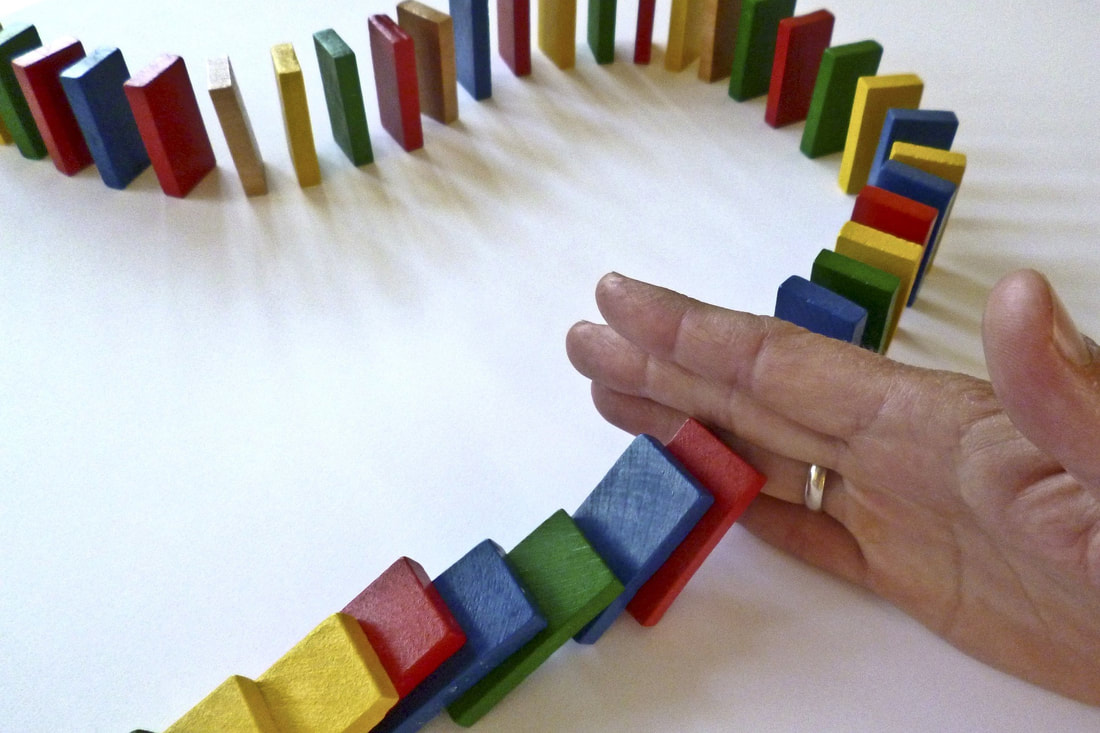
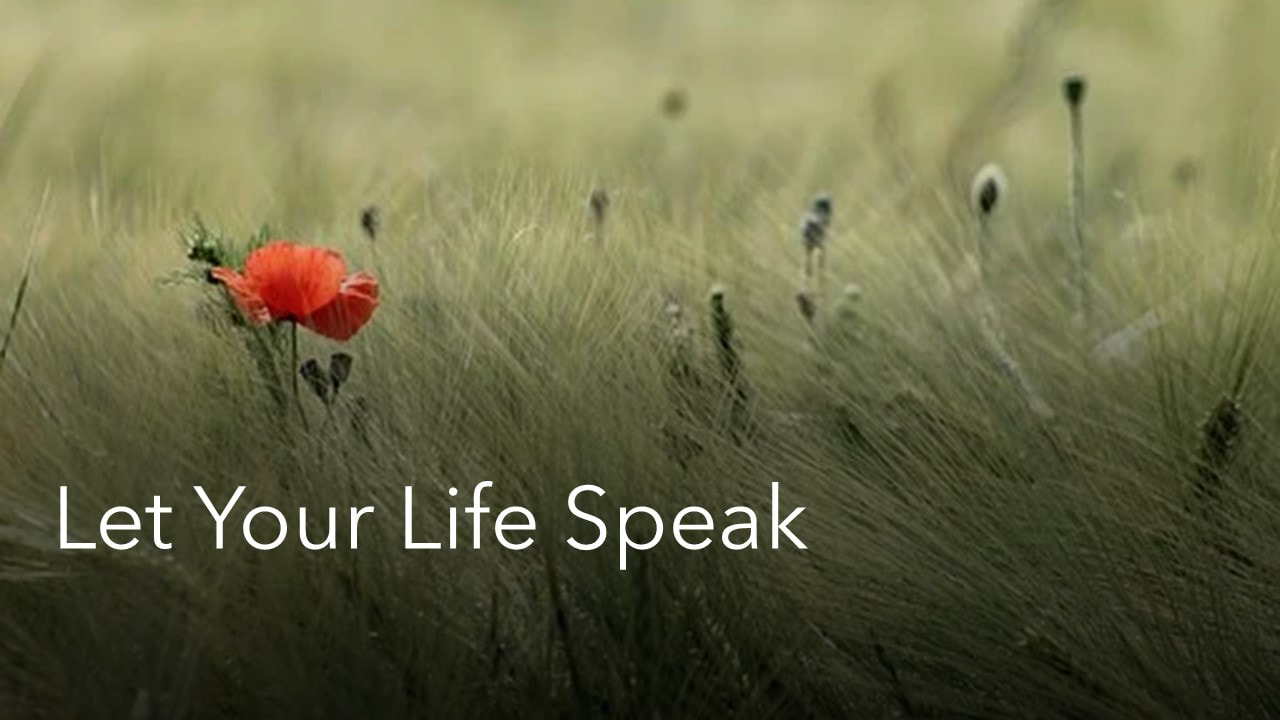
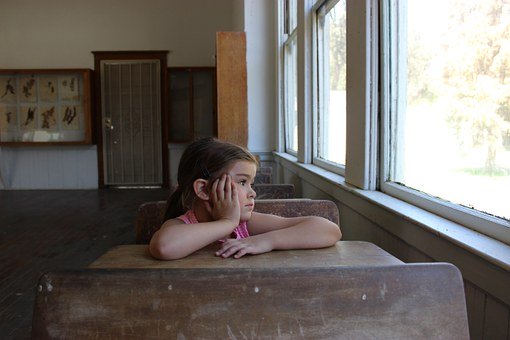
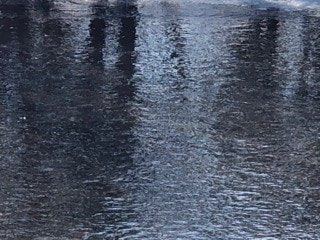

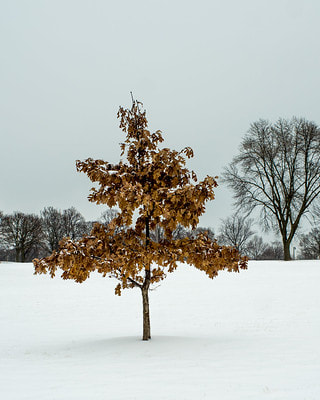
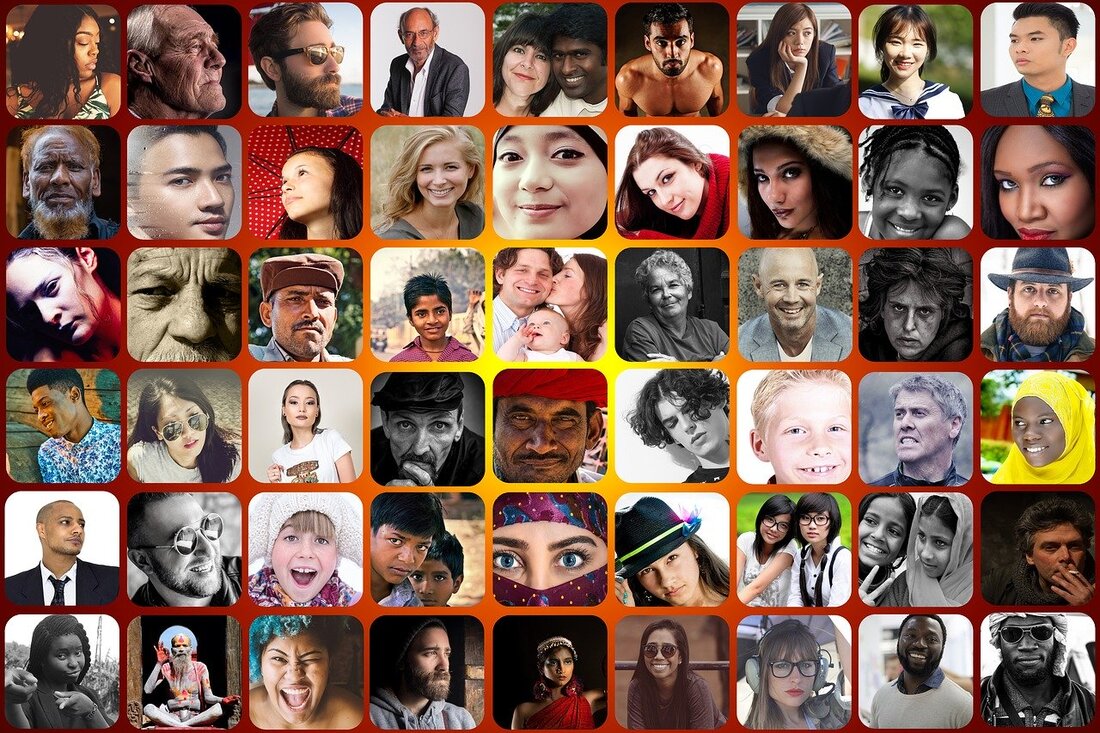
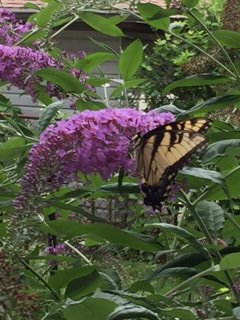
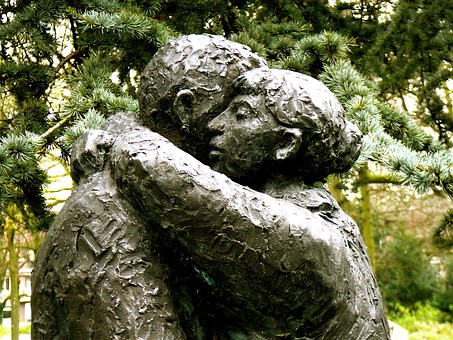

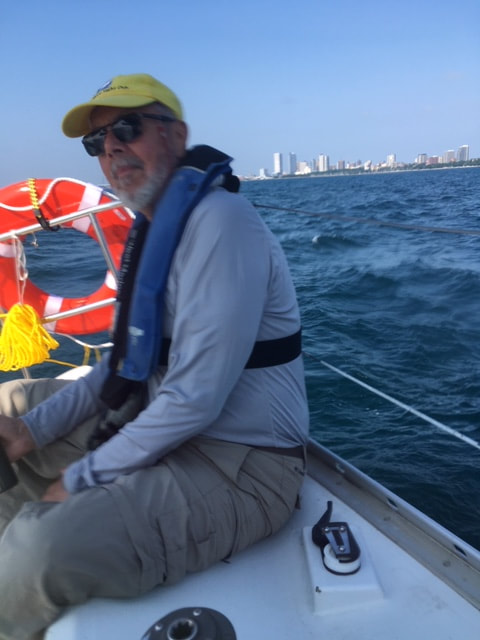
 RSS Feed
RSS Feed
